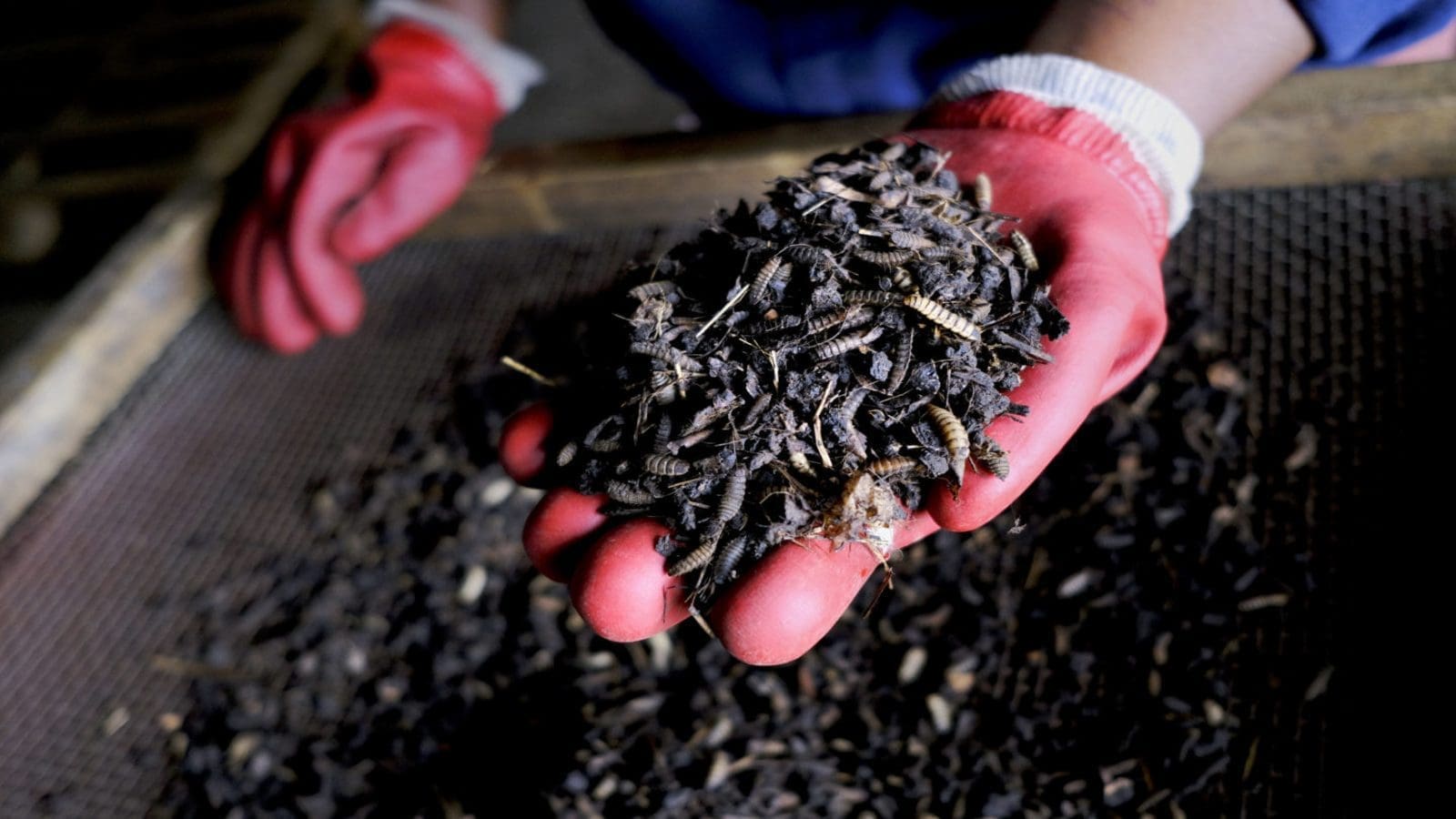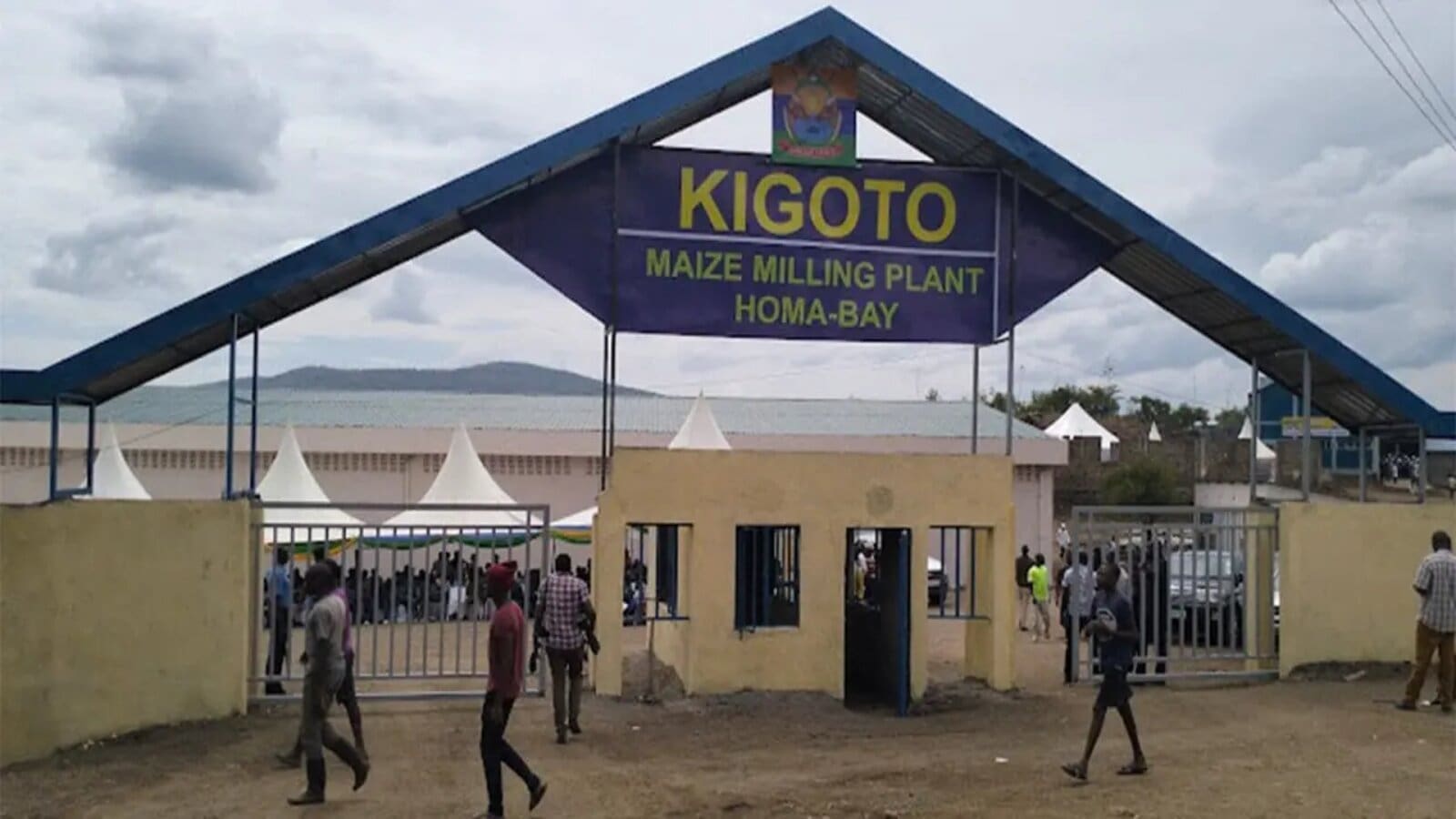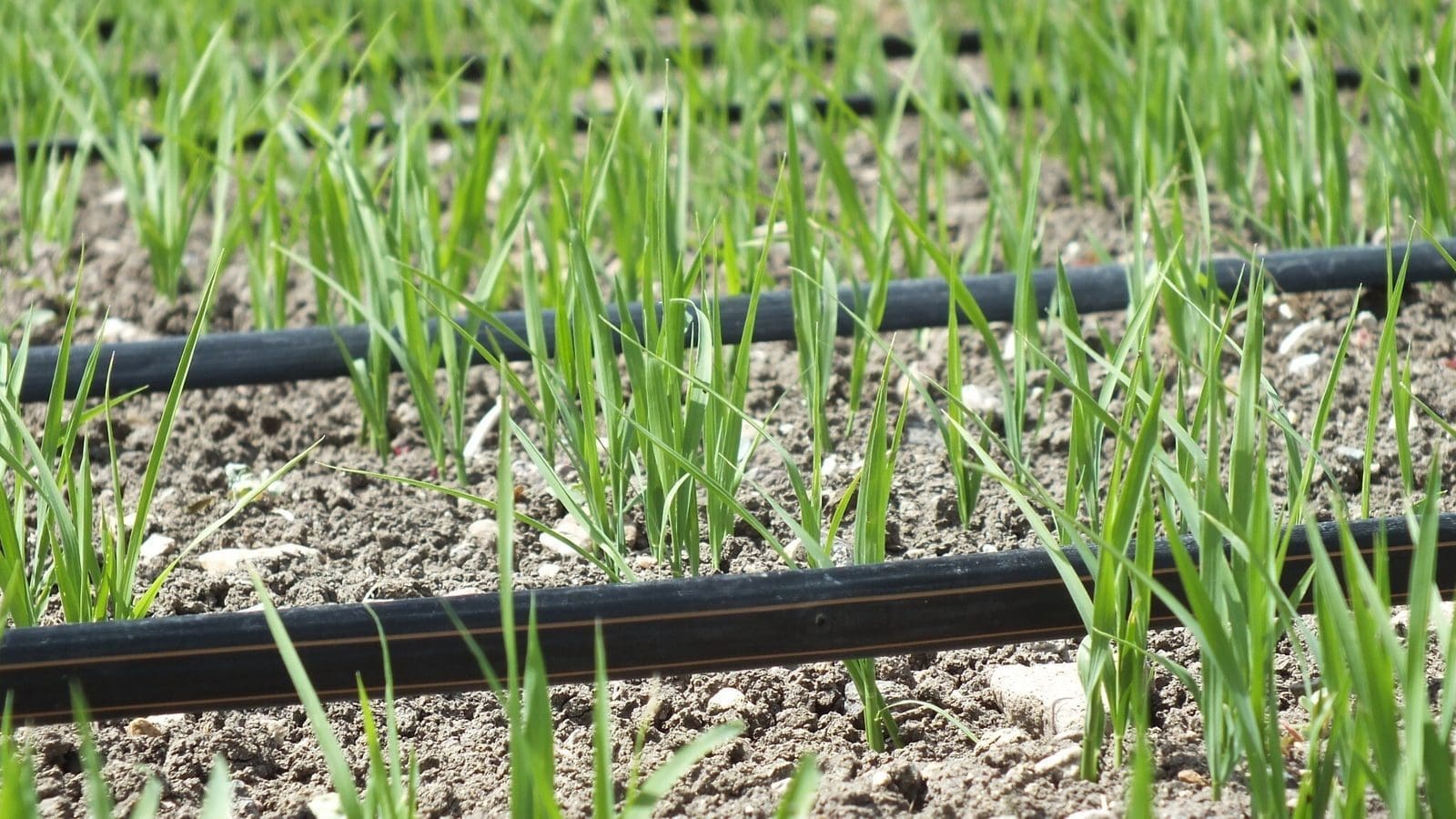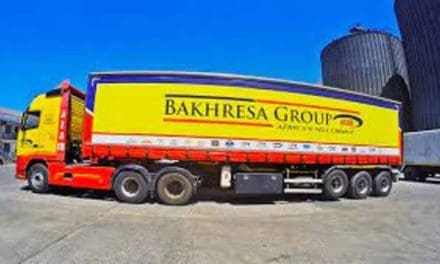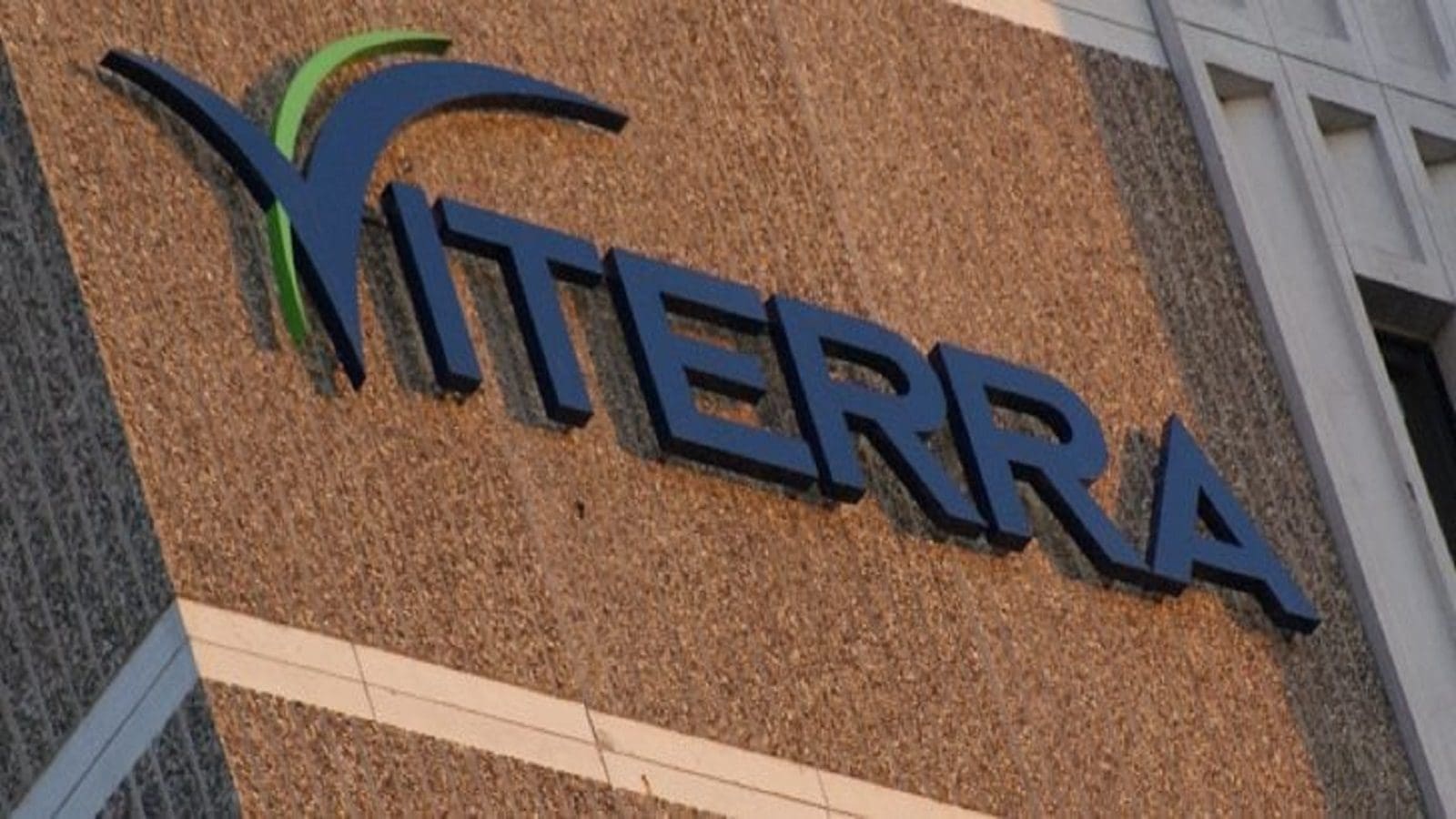SOUTH AFRICA- Nambu Group, a speciality in converting food waste into high-value protein feed has secured funding from South African Impact investor E Squared Investments to upgrade and expand its facilities.
Founded by Allan Gray Fellow Founder and CEO, Lowell Scarr, Nambu Group upcycles food waste by feeding them to insects which are then converted into high-value protein feed for poultry, pork, and fish farming industries.
Nambu has been in the E Squared Ventures portfolio since 2020 and this seed round investment will be used to upgrade and expand their Black Solder Fly (BSF) production facilities, improving product sales revenues and increasing the sustainability of the business.
The Group is expanding at a time when the global demand for alternative proteins and oils is projected to reach 500,000 metric tons by 2030, primarily driven by the pet food and aquafeed markets.
However, it is estimated that traditional protein sources such as soy and fishmeal may not be able to meet the growing demand hence room for innovative protein sources.
Insects for food and feed are becoming a lucrative innovation envisioned to bridge the protein demand gap which is estimated to reach 10 billion by 2050.
According to Tshilidzi Matlala, Chief Portfolio Officer at E Squared, the funding partner is excited to augment the Nambu partnership for this next phase of the growing venture.
He added that expansion at this stage makes a lot of business sense and they are confident of Lowell’s ability to take Nambu to the next level whilst remaining committed to his vision.
Although human consumption of insects has not received widespread adoption in the West, there are currently over two billion people in the world who consume insects as part of their diets.
Furthermore, insect protein is nutritionally superior to traditional protein sources and will have long-term cost benefits.
Sustainable environmental solutions in food production
The United Nations Food and Agriculture Organisation estimates that up to 35% of food produced globally is wasted, placing a significant cost on economies and environments.
Nambu’s business model addresses this food waste problem through upcycling. The company has already begun providing waste management as a service though it needs to expand its capabilities to offer sustainable and alternative recycling solutions.
According to Nambu, by utilizing Black Soldier Fly farming methods, the recycling process produces 50% less Carbon Dioxide Equivalent (CO2e) than traditional composting and landfill methods hence environmentally sustainable.
It is also forecasted that Nambu’s expansion will cause a net positive impact on the environment as will allow the company to process up to 20 tonnes of additional food waste per day.
For all the latest food industry news from Africa and the World, subscribe to our NEWSLETTER, follow us on Twitter and LinkedIn, like us on Facebook and subscribe to our YouTube channel


